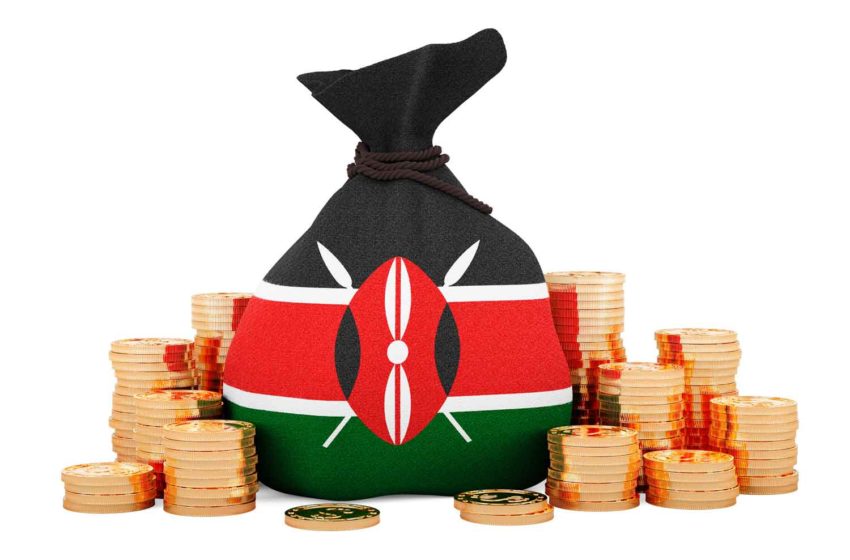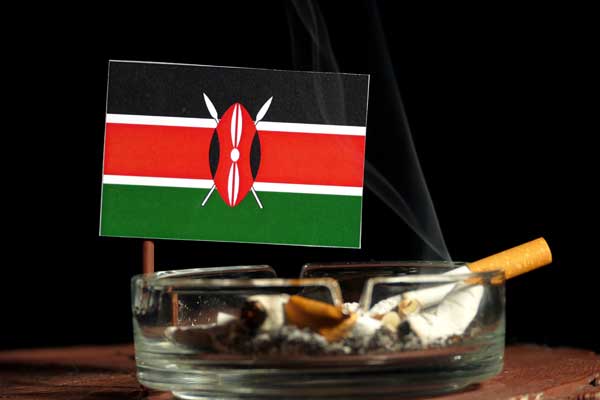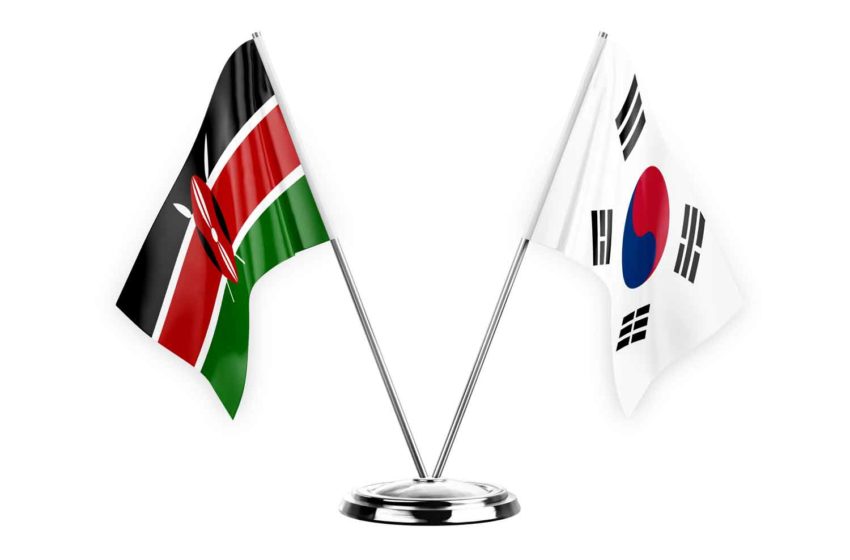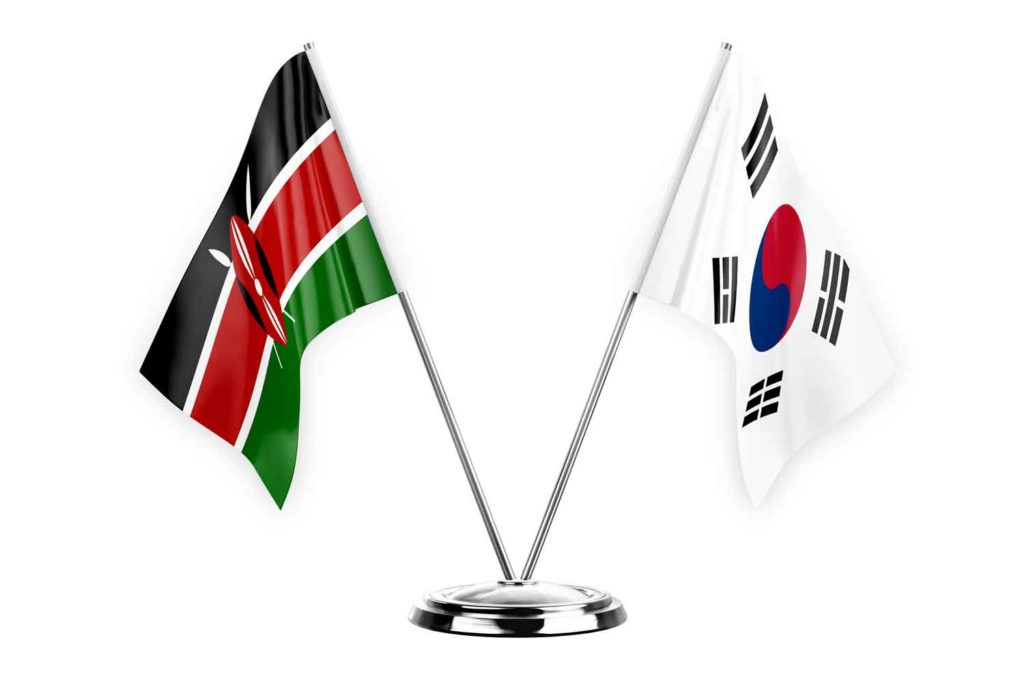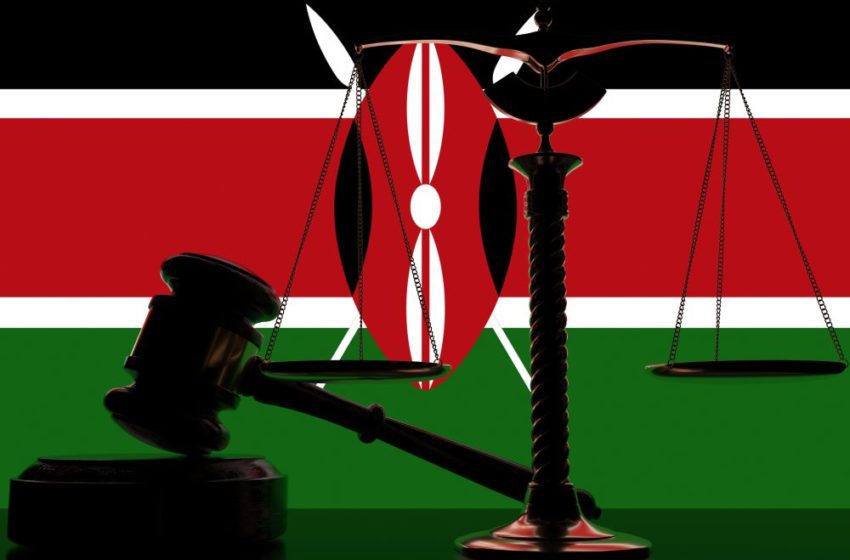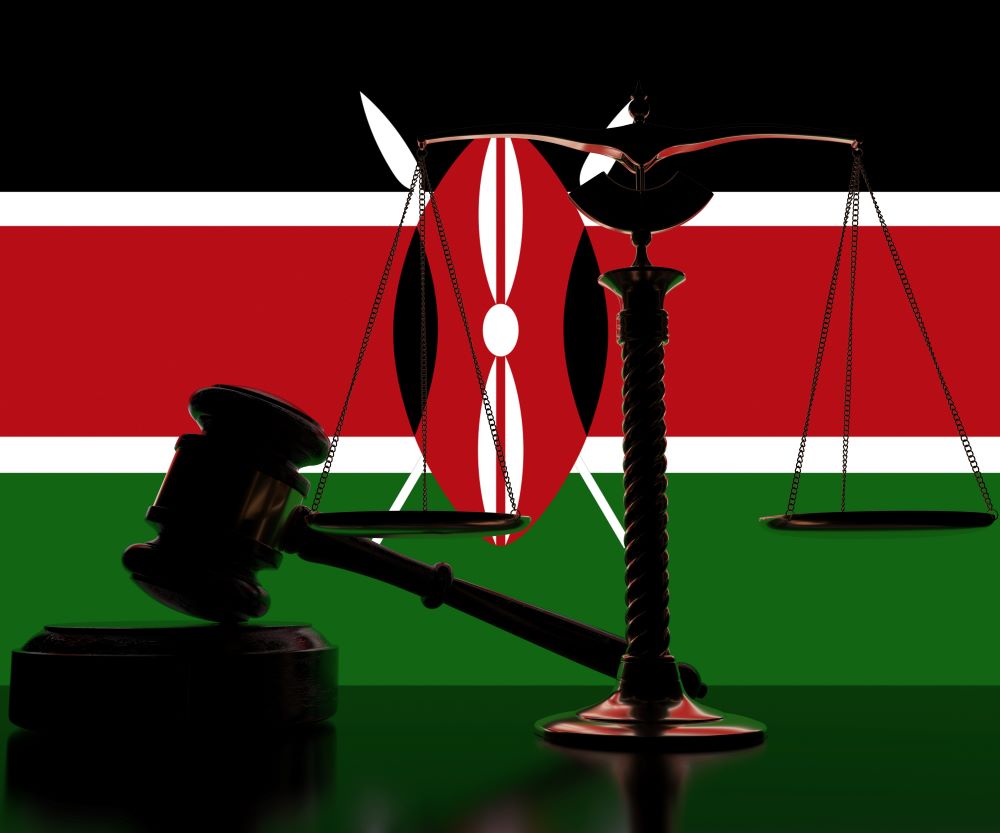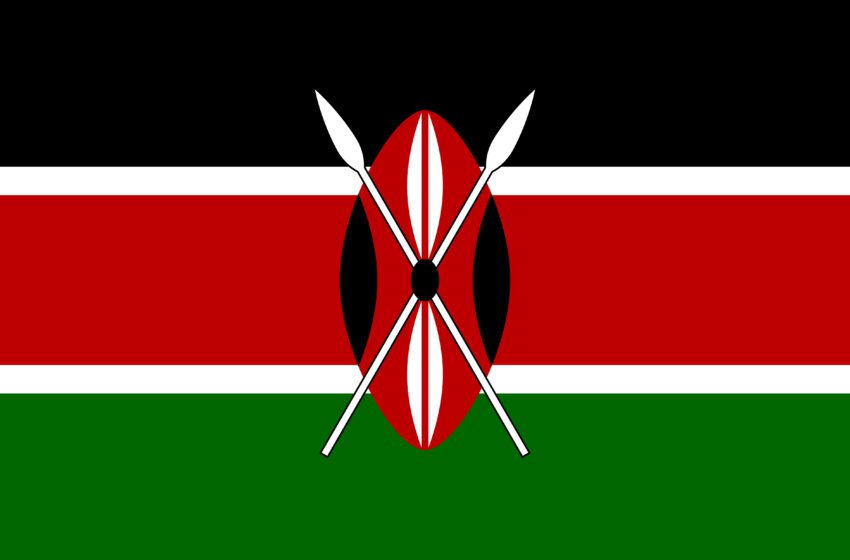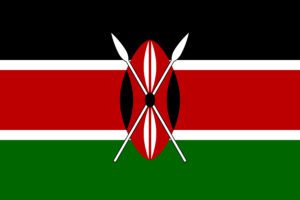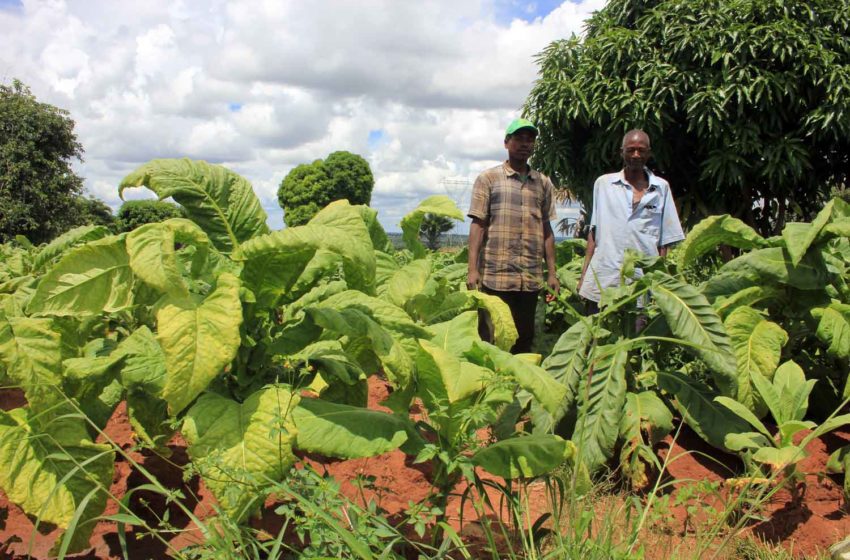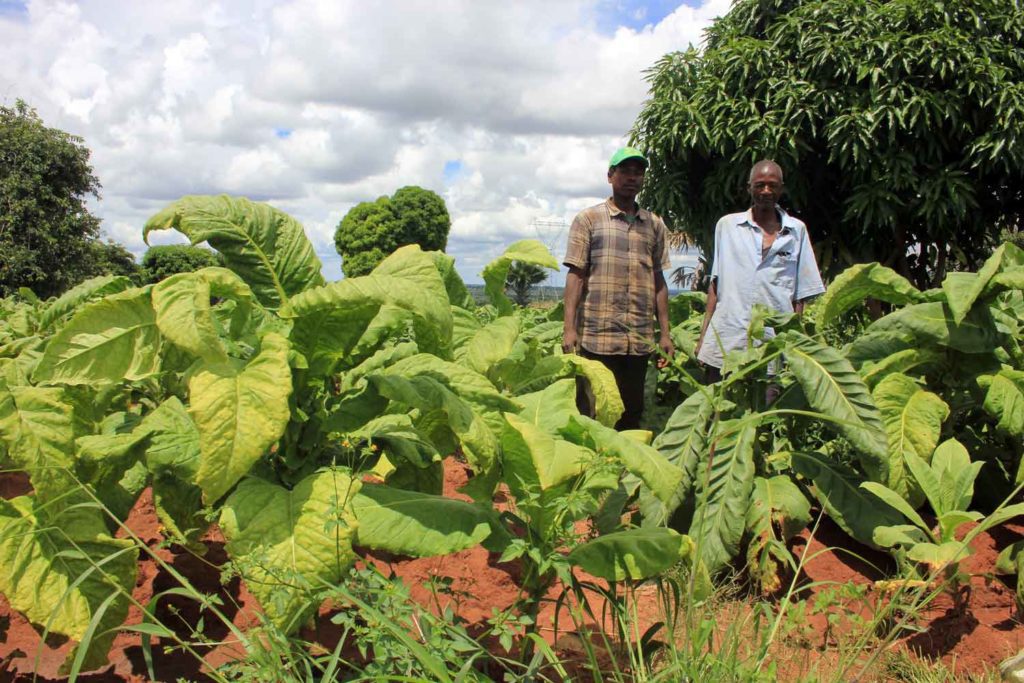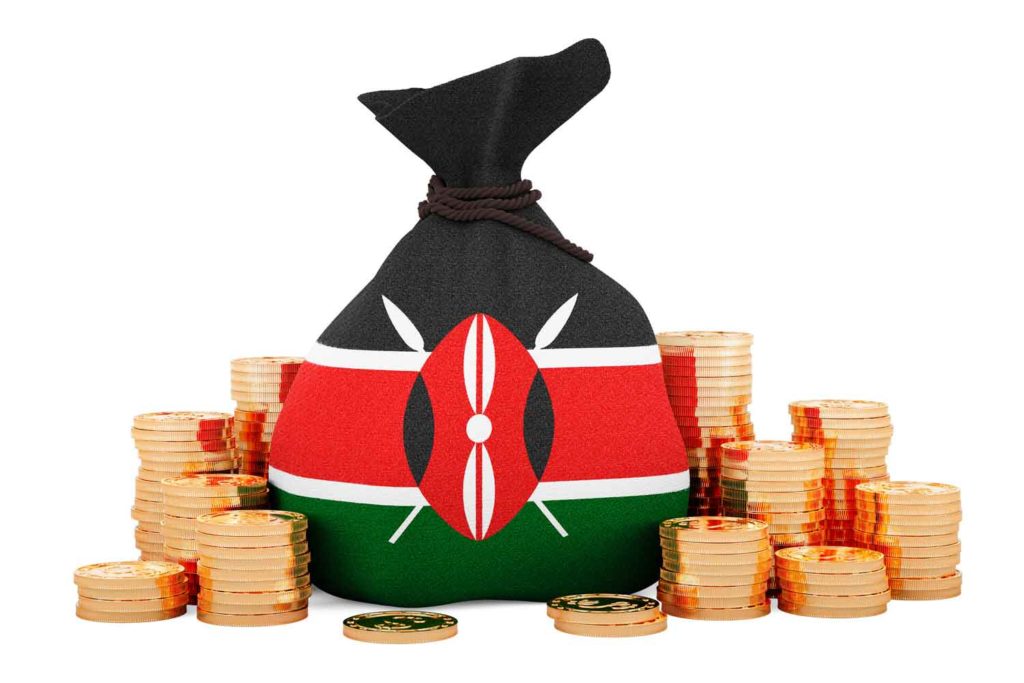
Kenya should increase its cigarette excise duties in line with World Health Organization guidelines, according to coalition of health experts, tobacco control advocates and national development policy specialists, reports People Daily Kenya.
The call comes in response to the government’s 2023-2024 financial budget, which for the first time in a decade maintains cigarette tax levels at their current levels.
A 2019 study by the National Taxpayers Association (NTA) proposed to the government to increase the excise duty applicable to cigarettes and to apply a uniform rate.
Kenya taxes filterless cigarettes at lower rates than filtered products—and approach that falls short of the recommended WHO best practices for tobacco taxation, according to the study.
NTA CEO Irene Otieno, says that despite efforts to control tobacco consumption in Kenya over the last decade, more than 2.5 million adults use tobacco products.

